Year 3 Teaching Resources
Explore printable worksheets, digital activities, games and more Year 3 resources, all aligned to the Australian curriculum! The teacher-created resources have all been designed with primary teachers and students in mind to meet the special needs of children as they transition into the middle years of their primary school education.
Carefully curated and thoroughly reviewed by the expert teachers of the Teach Starter team to ensure they're classroom-ready, our Year 3 resources can save you lesson planning time this school year with editable and differentiated options at the ready.
Teach Starter’s Year 3 resources utilise a vast array of resource types and have something for every learning area. Here's just a taste of what you'll find for your classroom!
- Spelling words and English worksheets
- Fractions activities and Maths worksheets
- Social and emotional learning activities
- Narrative writing stimuli
- Language conventions practice
- And so much more!
Are you new to teaching Year 3? Here's a look at what this year of primary school is all about!
What Is Year 3 in Australia?
Year 3 sits right in the middle of primary school for most students in Australia as the fourth year of compulsory education.
How Old Are Kids in Year 3?
The exact age of students will vary slightly by state (and birthday!), but most children in your Year 3 class will be 8 to 9 years old.
What Do Students Learn in Year 3?
Year 3 is a big one for Australian students. Many will sit the NAPLAN tests, and more than a few will hit double digits before the year is through. This is a big year for Maths between the introduction of more complex fractions and formal multiplication, as well as even more skill-building in other learning areas.
Exactly what they're expected to learn will depend to some degree on the state or territory where you are teaching, but here's a look at what your students can expect to encounter in the key areas of the curriculum!
English
Year 3 students continue to develop their reading, writing, speaking, and listening skills in their English lessons. Reading will involve more complex texts, including longer novels, non-fiction texts, and poetry.
Students will also be expected to analyse these texts more deeply, examining themes, character development, and literary techniques. Comprehension skill-building will require deeper analysis of texts and drawing inferences from what is read.
While Year 2 instruction focuses on basic writing skills such as sentence structure and punctuation, this older group of students will move toward more advanced writing skills such as paragraphing, using descriptive language, and organising ideas in a logical way.
Grammar and spelling will also become a greater focus this year, with an emphasis on understanding and applying more complex grammar rules and spelling patterns.
Maths
Fractions feature front and centre of the Year 3 Maths curriculum. Students will learn to identify, compare, and order unit fractions (those being fractions with a numerator of 1), as well as use them in simple problem-solving contexts.
We already alluded to this being a big year for multiplication, and is it ever! Year 3 students learn the basic multiplication facts — such as 2 x 2 = 4 and 3 x 3 = 9 — and they begin to use these facts to solve multiplication and division problems. They also learn to interpret and create simple multiplication and division problems.
Students will have the chance to build upon their understanding of measurement concepts from Year 2, including length, mass, and capacity. They'll learn to measure and estimate using standard units, plus how to compare and order measurements.
Maths students will expand their knowledge of 2D shapes this year, and they will begin to learn about three-dimensional shapes and their properties.
Place value is still a big part of maths, of course. Year 3 students expand their understanding of place value to include numbers up to 10,000, and they learn to read, write, and compare four-digit numbers. They also learn to use place value to solve addition and subtraction problems.
Science
Science instruction in Year 3 is more focused on building a deeper understanding of scientific concepts and their applications, as compared to Year 2. It also emphasises the development of scientific inquiry skills that will help kids become more proficient in conducting scientific investigations and communicating their findings.
Students in Year 3 learn to ask questions, plan and conduct investigations, collect and record data, and communicate their findings as part of their development of science inquiry skills. They spend a portion of the year learning about the characteristics of living things, including plants and animals. Year 3 students will have the chance to explore the life cycles of plants and animals, as well as learning about the needs of living things and their habitats.
While they're learning about things that live on Earth, they're also learning about the planet itself, exploring geological features such as rocks, soil, and minerals. They also explore heat energy and how it can be transferred from one object to another.
Last, but certainly not least, Year 3 students learn about the properties and states of matter, including solids and liquids (gasses are explored later on in primary school).
Humanities and Social Sciences
Building on the foundation set in Year 2, Year 3 HAAS lessons build a deeper understanding of historical events and concepts, as well as exploring the social and economic systems that underpin Australian society.
Students learn about the historical events, people, and places that have shaped Australia's history. They explore the concept of change and continuity over time and learn to use historical sources to investigate the past. Students also study significant cultural events celebrated in our country and how they contribute to Australia's diversity and identity.
Geography instruction will guide students as they learn about the physical and cultural characteristics of places and regions. They'll learn more about the representation of Australia as states and territories, and as Countries/Places of First Nations Australians. Students will also begin exploring Australia's neighbours such as New Zealand, Papua New Guinea, and Indonesia.
Civics instruction sees Year 3 students strengthening their understanding of what it means to live in a democratic society. They will draw upon their own personal experiences to examine why rules are important and to discuss how they can be active participants in the communities to which they belong.
Health and Physical Education
With their bodies rapidly changing, Year 3 students learn about the factors that influence their health and wellbeing, including the importance of good nutrition, hygiene, and sleep. They also learn about social and emotional health, including how to manage their feelings, develop positive relationships, and make safe and healthy choices.
In Year 3, there are a number of different types of safety on tap in lessons, including road safety, water safety, and personal safety. They develop an understanding of risk and learn strategies for staying safe in different situations.
Year 3 students also learn about the importance of being active and informed citizens in their community. They learn about the benefits of volunteering and begin to develop an understanding of the responsibilities and rights of individuals in society.
The Arts
In Year 3, students develop more advanced skills in drawing, painting, and other visual arts techniques. This includes studying the elements of art — such as line, shape, colour, and texture — and beginning to use these to create more complex artworks.
In music class, these children are learning all about musical notation and how to read and write simple music, while drama instruction explores different forms of drama, including role-playing, improvisation, and scripted performance. Students get the chance to learn about the elements of drama, such as character, plot, and setting, and begin to use these to create their own dramatic works.
- Plus Plan
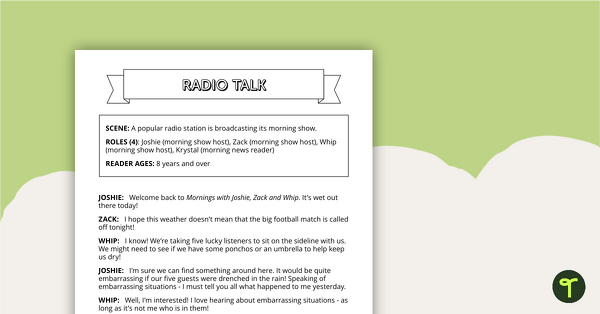
Readers' Theatre Script - Radio Talk
A script which can be used during readers' theatre or Drama sessions, aimed at students 8 years and over.
- Plus Plan
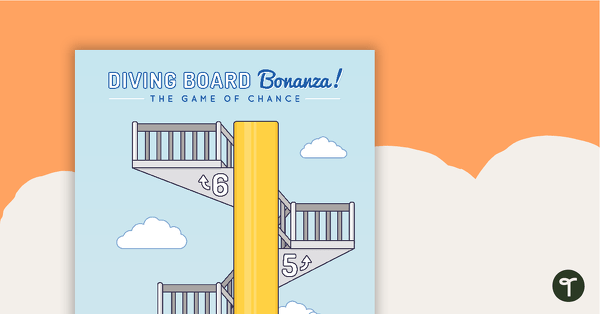
Diving Board Bonanza! - Chance Game
A fun chance game for students to play when learning about probability.
- Plus Plan
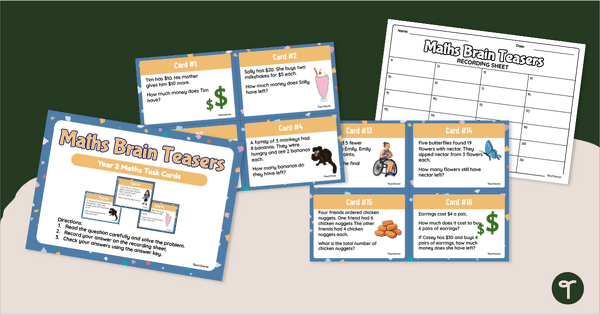
Maths Brain Teasers - Year 2 Word Problems
Challenge your year 2 students to solve these brain teasers with a set of 24 maths word problems.
- Plus Plan
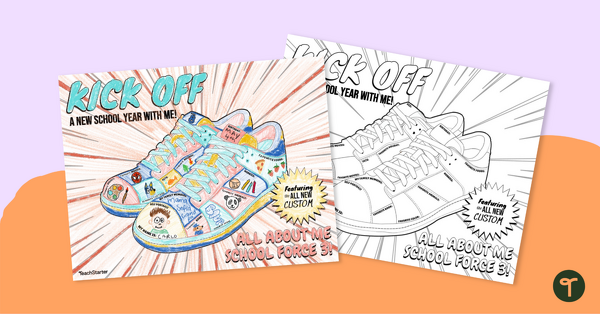
All About Me - Back to School Sneaker Template
Kick off a new school year and get to know your students with a fun Design-a-Sneaker All About Me project template.
- Plus Plan
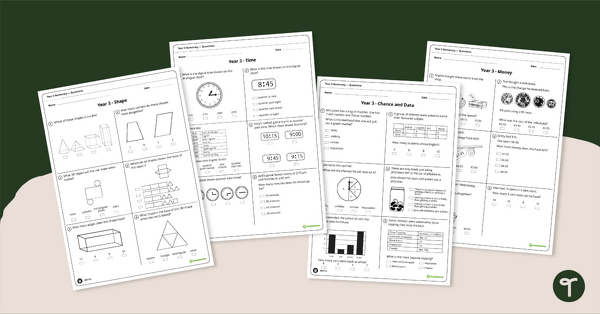
Numeracy Assessment Tool for Year 3
A set of 6 numeracy assessment tools suited to Year 3 students.
- Plus Plan
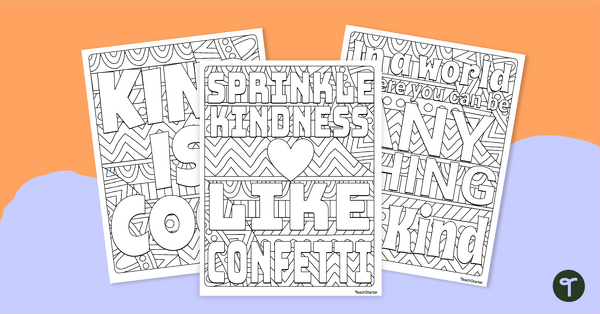
World Kindness Day Colouring Sheets
Use these World Kindness Day colouring pages as a fun art activity with your students.
- Plus Plan
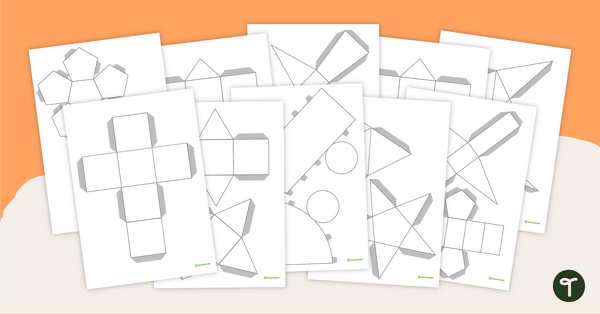
3D Net Templates - Correct and Incorrect
Explore correct and incorrect representations of 3D object nets with this set of templates.
- Plus Plan
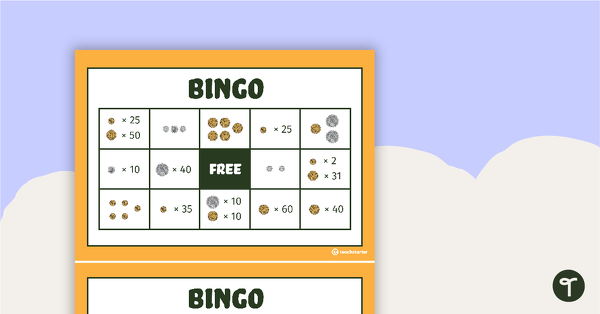
Money Bingo – Australian Coins
32 different bingo cards using only coins.
- Free Plan
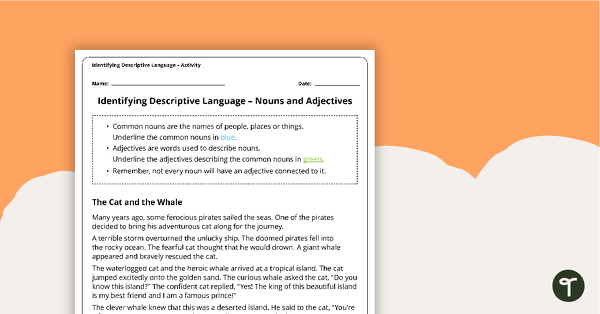
Identifying Descriptive Language Worksheets - Nouns, Adjectives, Verbs and Adverbs
A set of 5 worksheets to help your students identify descriptive language in narrative texts.
- Plus Plan
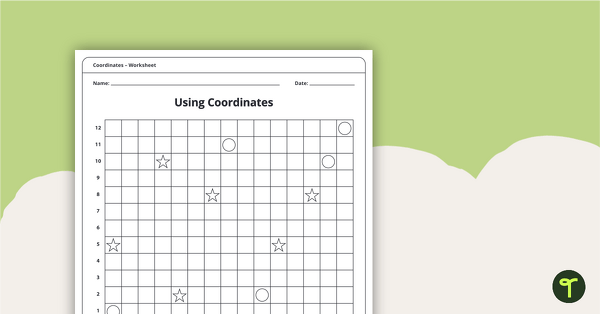
Coordinates Worksheet Pack
An 11-page worksheet pack teaching children about coordinates.
- Plus Plan
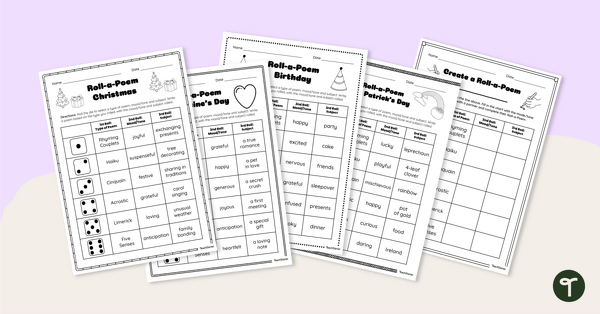
Roll-a-Poem Dice Game
Get your students to write fun event-themed poems with this engaging 'Roll-a-Poem' dice game.
- Plus Plan
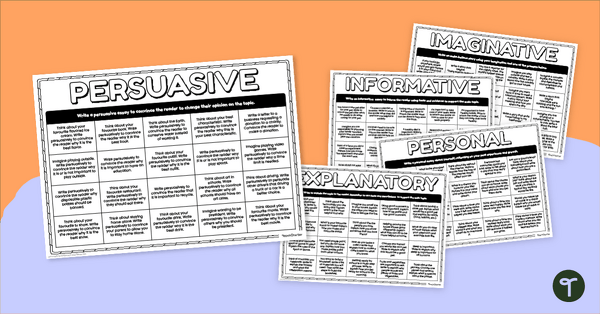
Genre of the Month - Writing Prompt Grids (Upper)
Introduce your students to a variety of writing genres with our printable genre-specific writing prompt grids.
- Plus Plan
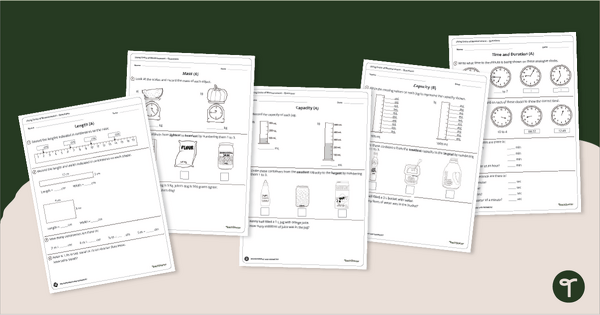
Year 3 Using Units of Measurement Worksheets Bundle
Download year 3 worksheets for using units of measurement that are linked to the Australian Curriculum.
- Free Plan
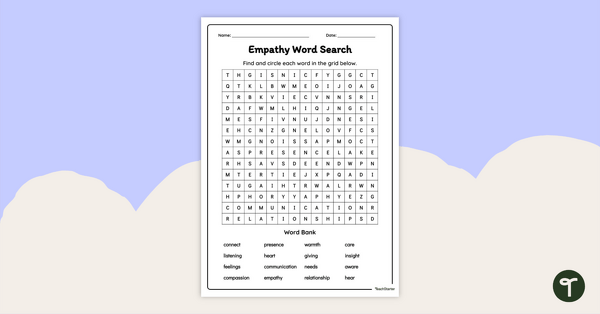
Empathy Word Search
Introduce or review vocabulary terms related to empathy with this free word search worksheet.
- Plus Plan
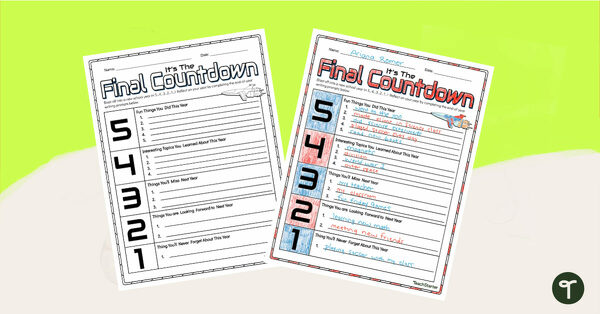
End of Year Countdown - Writing Reflections Activity
Count down to the end of the school year with a printable end of year reflection writing activity.
- Plus Plan
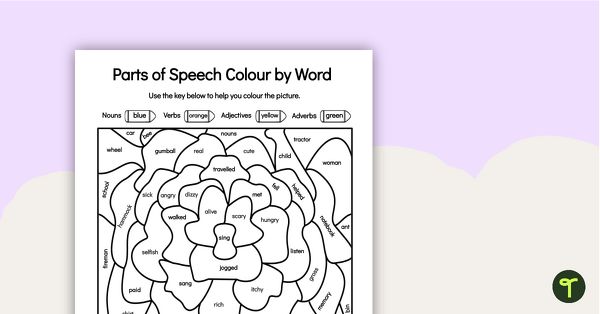
Parts of Speech Colouring Worksheet (Nouns, Verbs, Adjectives, Adverbs)
Use this colour by part of speech worksheet as a fun Autumn activity with your students.
- Plus Plan
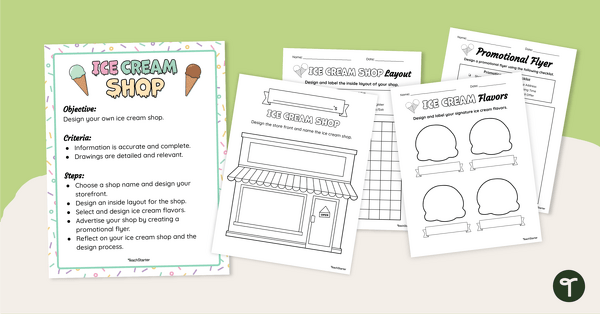
STEAM Project - Ice Cream Shop Design
Use reading, writing, maths and STEM skills to plan, design and advertise an Ice Cream Shop with a STEM education project for primary students.
- Plus Plan
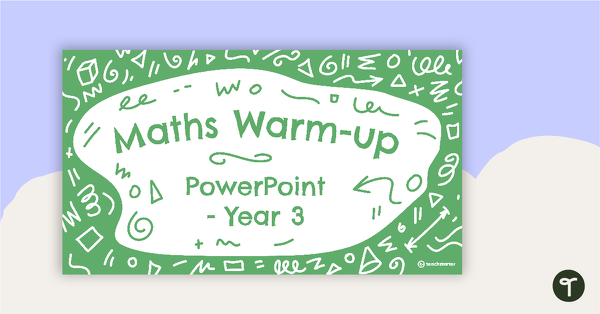
Maths Warm-Ups Interactive PowerPoint – Year 3
A PowerPoint providing a series of warm up activities for Year 3 students across the Mathematics curriculum.
- Plus Plan
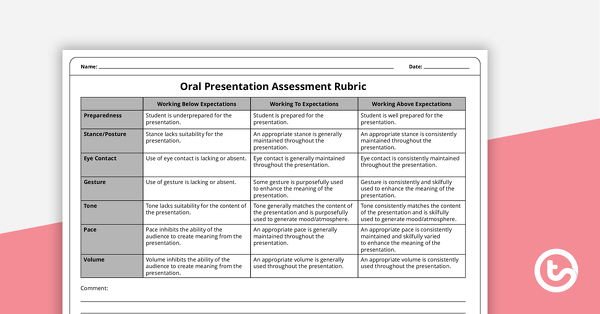
Oral Presentation Assessment Rubric
A rubric designed to help teachers to assess students' oral presentations.
- Plus Plan
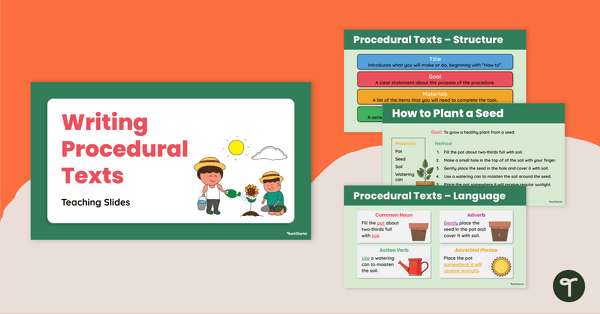
Writing Procedural Texts Teaching Slides
Use this procedural writing PowerPoint to teach your students about the purpose, structural elements and language features of procedure texts.
- Plus Plan
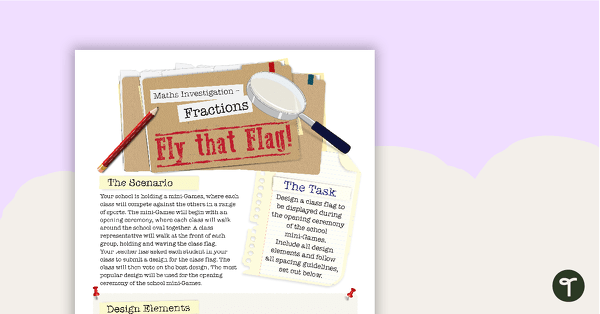
Fractions Maths Investigation - Fly That Flag!
A mathematics investigation about fractions, embedded in a real-world context.
- Plus Plan
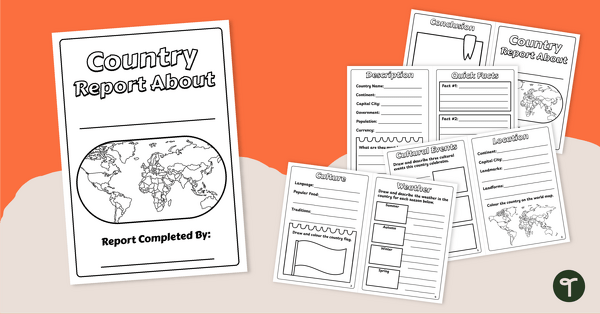
Country Report – Mini Book Template
Download this information report template to use when teaching informative writing to primary students.
- Plus Plan
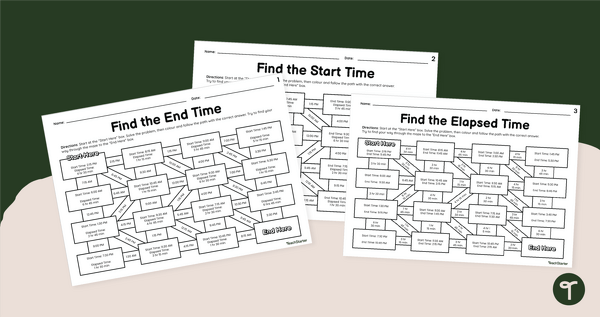
Elapsed Time - Math Maze Worksheets
Find start times, end times, and calculate duration to find your way through our Year Four Elapsed Time Maths maze worksheets.
- Plus Plan
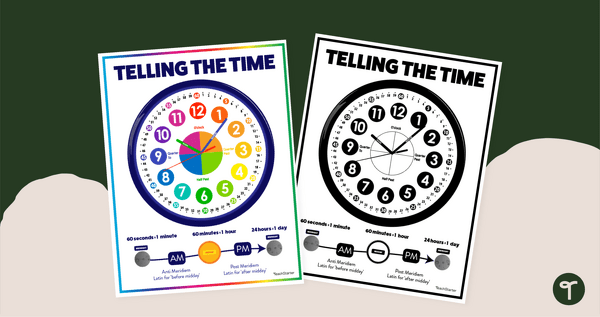
Telling the Time Poster
Help your students learn to tell the time to the hour, half-hour, quarter, and minute with a printable Telling the Time anchor chart PDF.
- Plus Plan
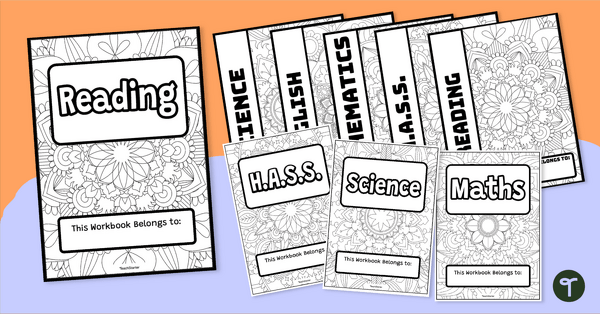
Student Workbook Covers - Mindful Colouring Sheets
Practice mindfulness and create fun notebook covers with a pack of printable mindful colouring worksheets.
- Plus Plan
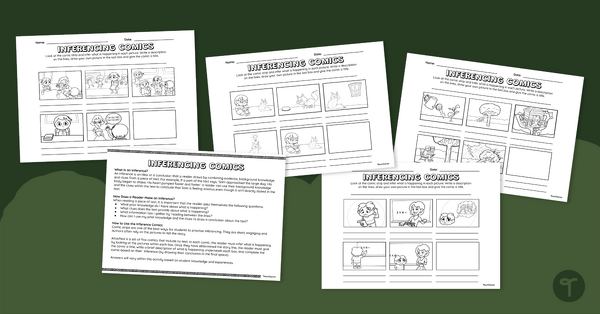
Inference Comics - Worksheet
Use this set of comic strips when teaching your students how to infer information from everyday situations.
- Plus Plan
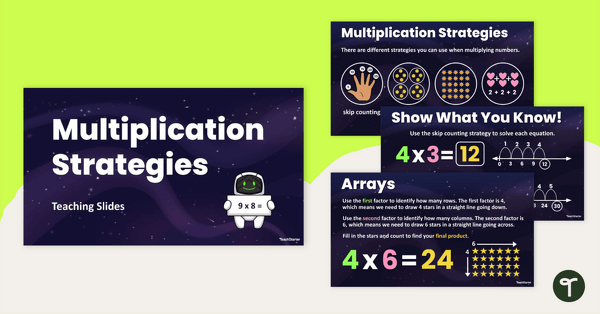
Introduction to Multiplication Strategies Teaching Slides
Introduce your students to different multiplication strategies such as arrays, equal groups, repeated addition and skip counting with this 34-page slide deck.
- Plus Plan
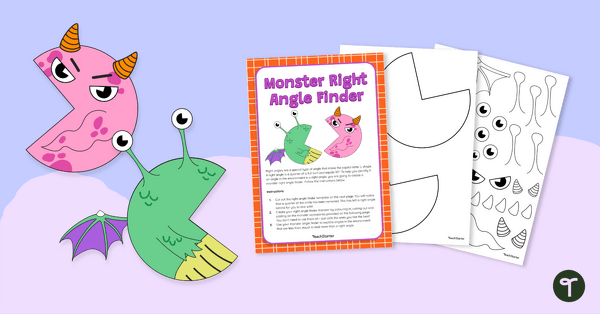
Monster Right Angle Finder Template
Help your students identify right angles in the environment with this monster-inspired right angle finder.
- Plus Plan
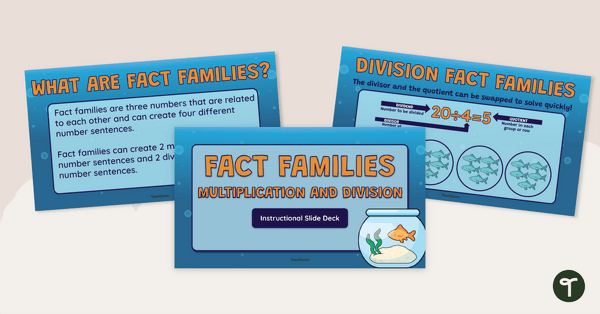
Multiplication and Division Fact Families Teaching Slides
Introduce multiplication and division fact families to your students with this teaching slide deck.
- Plus Plan
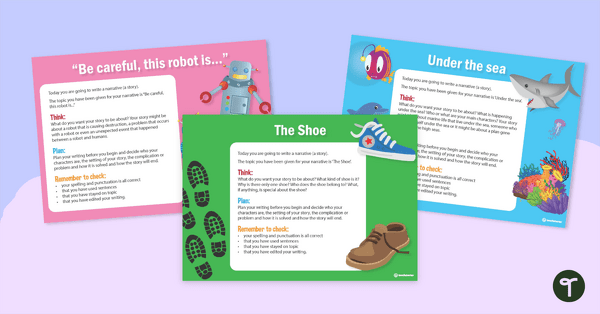
5 Narrative Writing Stimulus Sheets
Writing stimulus sheets with a narrative focus.
- Plus Plan
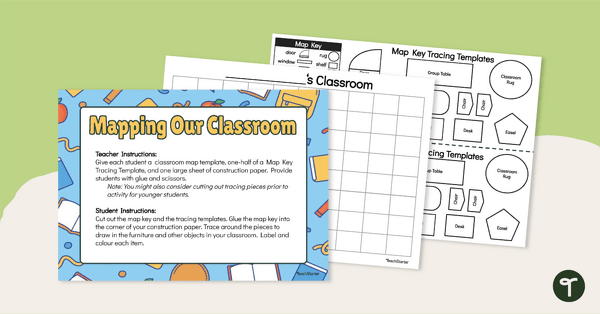
A Map of Our Classroom - Mapmaking Project
Develop primary mapping skills with a classroom mapping project.
- Plus Plan
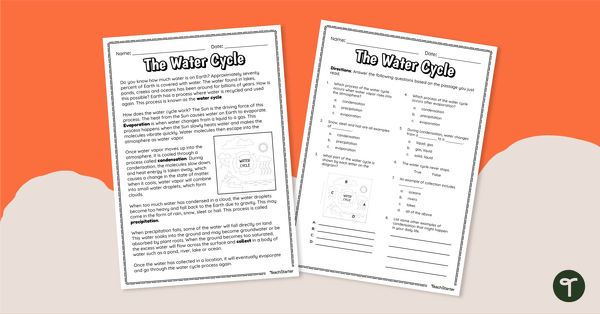
The Water Cycle – Reading Comprehension Worksheet
Enhance your students’ comprehension and science vocabulary skills with this water cycle worksheet.